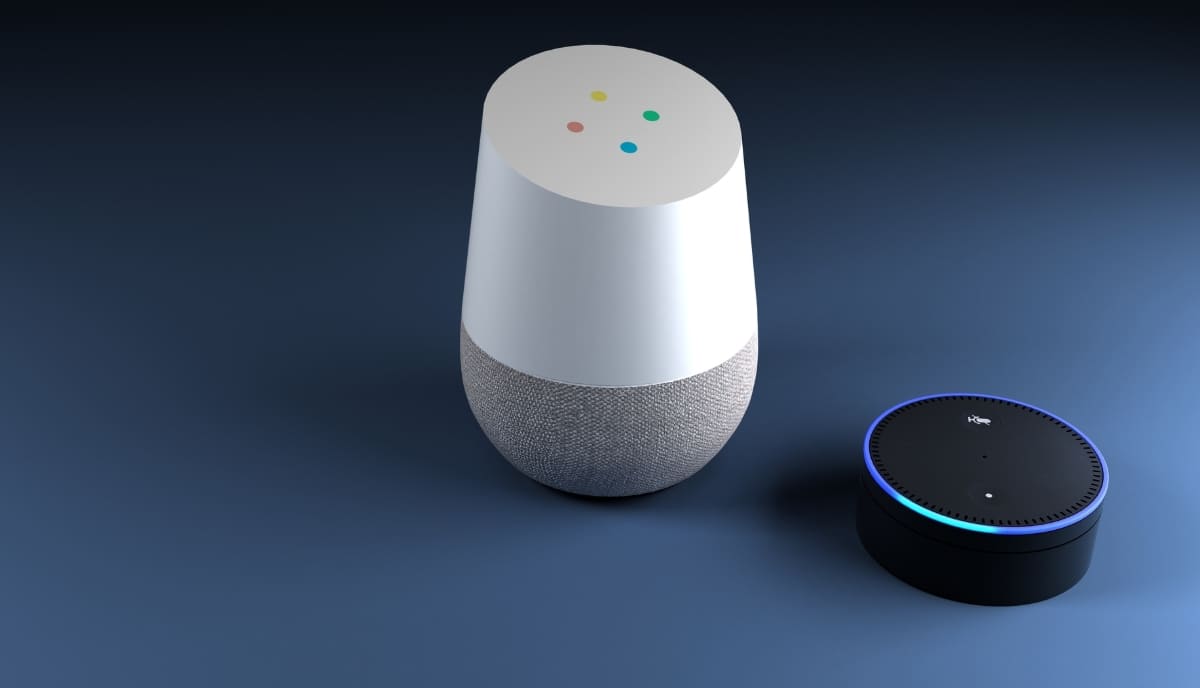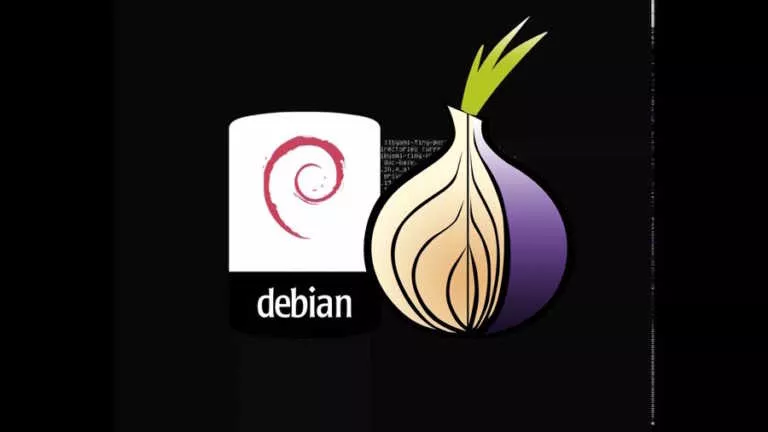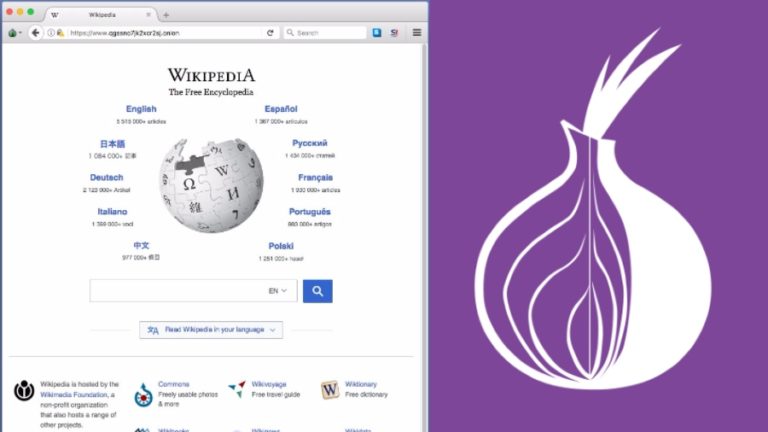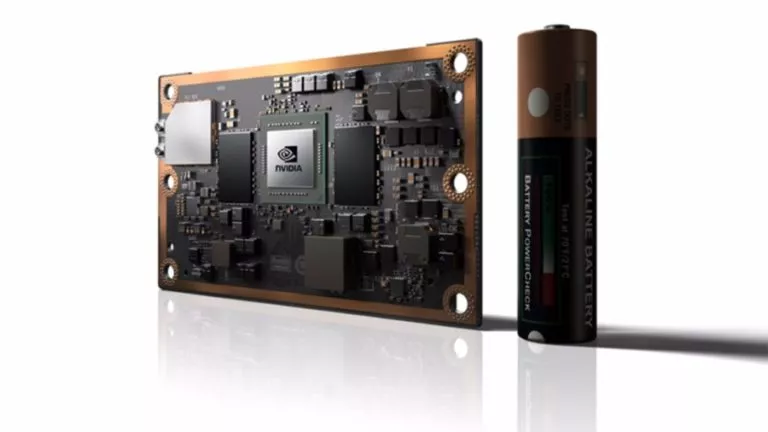Google, Apple, Amazon To Create Open-Source Standard For Smart Home

Google, Apple, and Amazon have joined forces to develop an open-source connectivity standard for smart homes. The new standard will make the development of new smart home devices much easier and ensure that the smart home devices work together and also maintain security along with it.
The project has been named Connected Home over IP, which will also be joined by the Zigbee Alliance — maker of another smart home protocol. Other companies such as Samsung SmartThings, Ikea and more will also support the project.
Connected Home over IP
The open-source project, Connected Home over IP or ‘CHIP’ in short, will bring cross-compatibility across platforms.
It will guarantee that any smart home devices you buy in future will work in your home, irrespective of which smartphone or voice assistant you are using. This means you will be able to choose between Google Assistant, Amazon Alexa, Apple Siri or any other voice assistant on any smart home device.
Each of the three major tech companies will contribute through their smart home technology — Google’s Weave, Apple’s HomeKit, and Amazon’s Alexa — to the new open-source standard.
The new standard will be based on Internet Protocol (IP). It doesn’t mean that all the devices would connect to the internet directly. Albeit, it would facilitate the means to simplify the process of sending messages from one place to another by making use of a well-known protocol.
The tech companies feel that it is ideal for sending messages from one smart home device to another device, app, or service while maintaining “end-to-end security and privacy.”
Future of smart home devices
The initial draft of Connected Home over IP is expected to arrive in late 2020.
The tech giants say that this new development will make customers feel more “confident that their device of choice will work in their home and that they will be able to setup and control it with their preferred system.”
For developers, this system will make product development less complex and also reduce costs “by giving them one standard for building their products.”
Also Read: Worst Passwords Of 2019 Are Out And The #1 Won’t Surprise You






